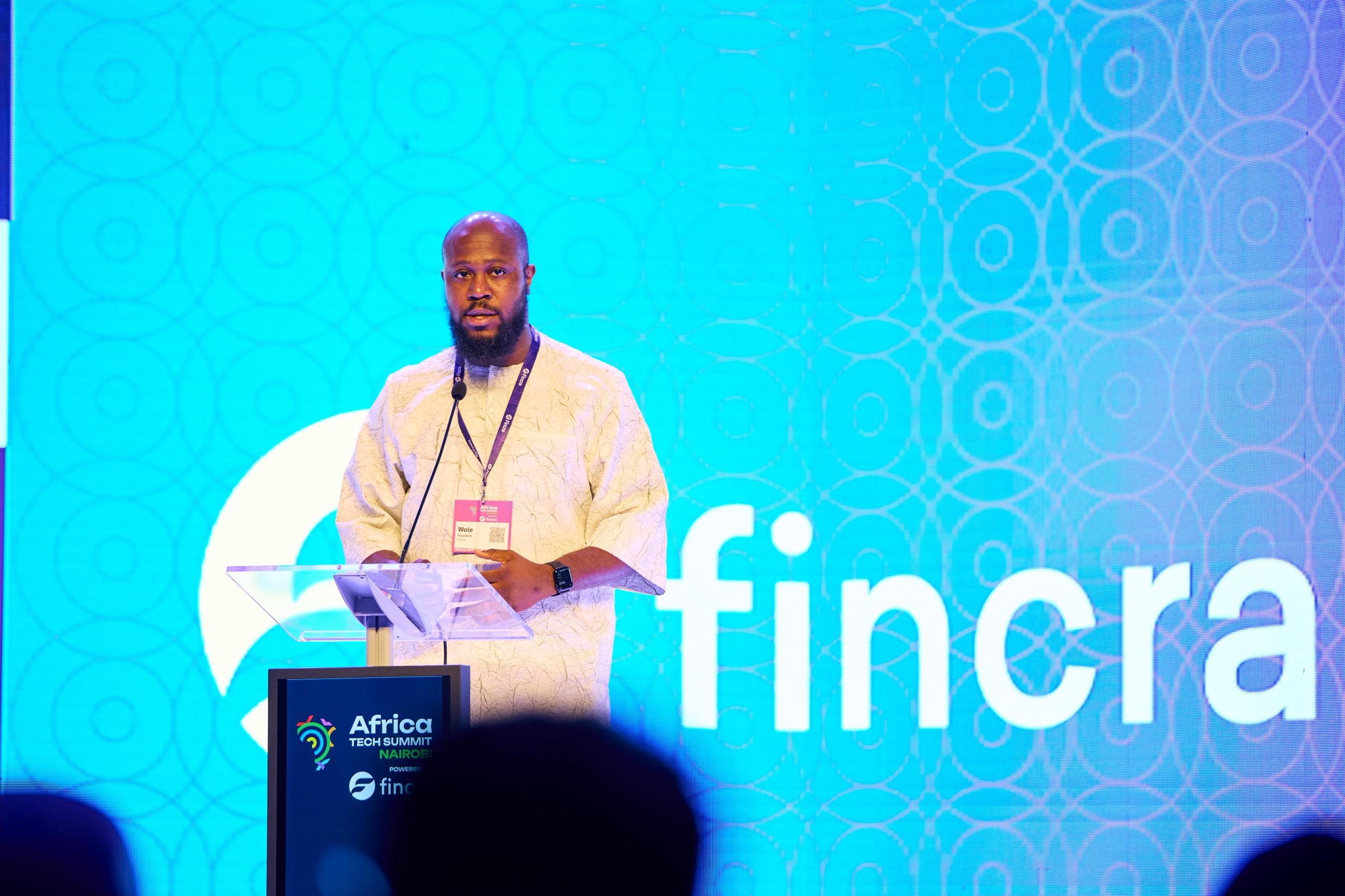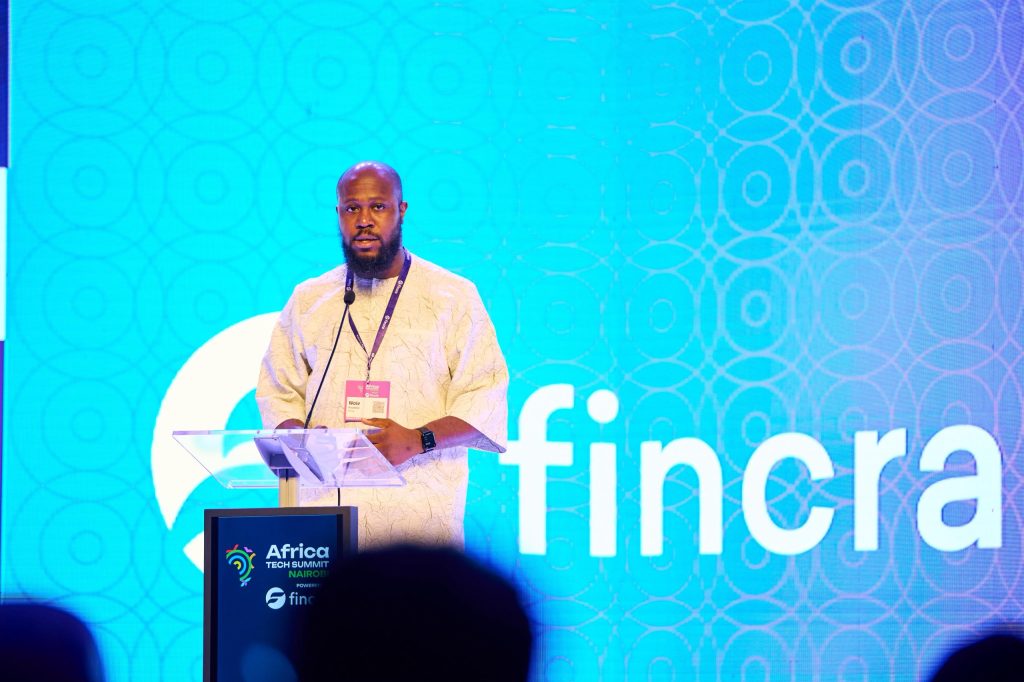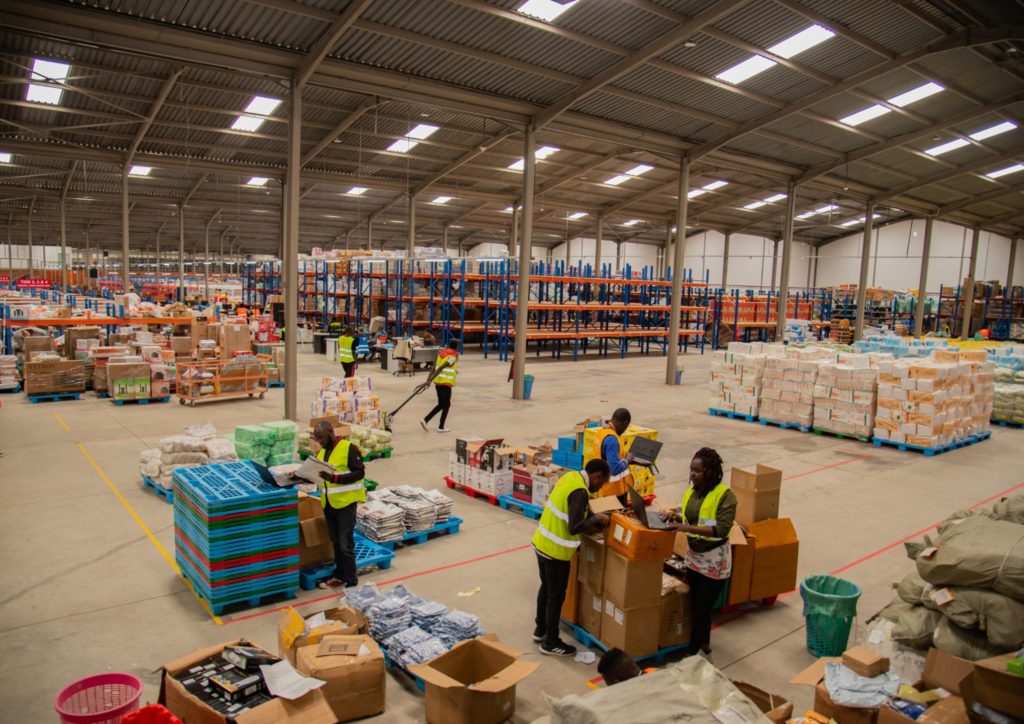The first time I would leave Nigeria to visit another African country was in 2015. My first time out of Nigeria was to the US, twice in 2014. But this short story is about when I went to Kenya and got stuck because of the geniuses at the Central Bank of Nigeria. This was when the CBN directed banks to begin limiting foreign debits to stave off a looming recession, for all the good that did. Anyhow, here I was stuck in a foreign country with no money, because my debit card had suddenly stopped working. In fact, I found out about the CBN directive right after enjoying a large lunch at a Java House in Kileleshwa, because the payment was declined. I only escaped washing plates the rest of the day because my host’s sister was kind enough to settle my bill via Mpesa after a few frantic WhatsApp messages.
Of course, my problems didn’t end with paying for my most recent burger. I was still going to be in Nairobi for at least a week, and I had places to go, things to do, and people to meet. How was I going to function without money? I had a brief lightbulb moment when I remembered that GTBank had a branch in Kenya. Or did they? My elation dissolved into irritation when I was told that both banks don’t actually talk to each other. The GTBank in Kenya had no way to interact with your Nigerian GTBank account. I remember thinking how incredibly absurd that was.
There was also that time when we hired a staff writer in Nairobi, and I remember that paying his salary was a nigh Sisyphean task that saw me attempt all kinds of methods to get the money across. I used PayPal and Bitcoin via Bitpesa. Both came with painful exchange rate haircuts. At some point I was tempted to get on a plane and go and hand them the cash personally. In the time we had that writer on the team, I always hated the end of the month.
In January 2018, my GTBank debit card got “swallowed” by an ATM in Kileleshwa while I was trying to help a friend withdraw cash that they had sent to my account in Naira, so that I could physically withdraw it, deposit it into my Mpesa, and then finally send it to a vendor they’d done business with in Nairobi. Na wa.
Besides Western Union, there is no real way to move money between African countries. I don’t know a lot about payments, but as a user of financial services, this just feels like an absurd problem to have in 2018. A problem that as Qz Africa editor Yinka Adegoke writes, is an untapped opportunity for money transfer firms. London-based World Remit is the star of that piece, but I feel like startups like Paystack and Flutterwave will become part of that narrative soon.
Until then, it’s either pay exorbitant Western Union fees, hope for the best with Bitcoin, get a haircut on PayPal, or go around looking for your country man in the African country where you need to send someone money. A luta continua.
PS: I have been told that Ecobank branches across Africa talk to each other.


















